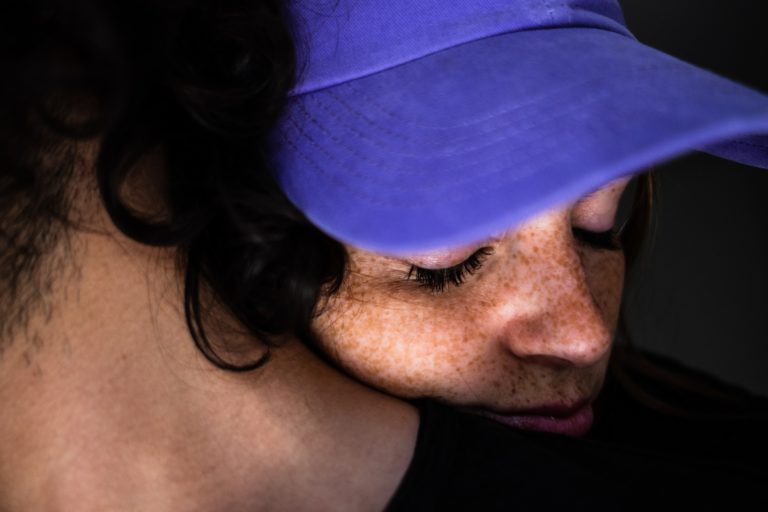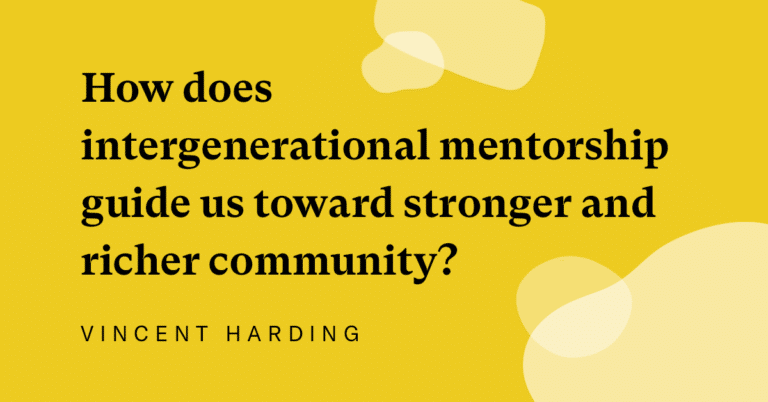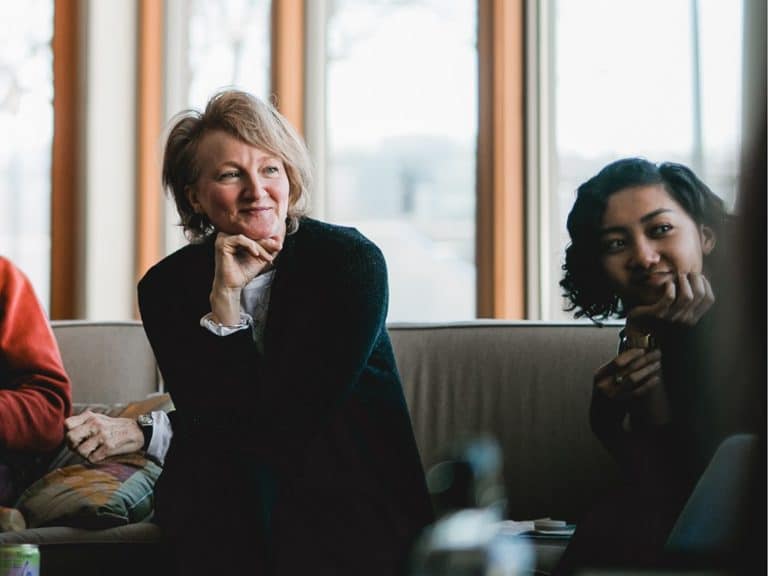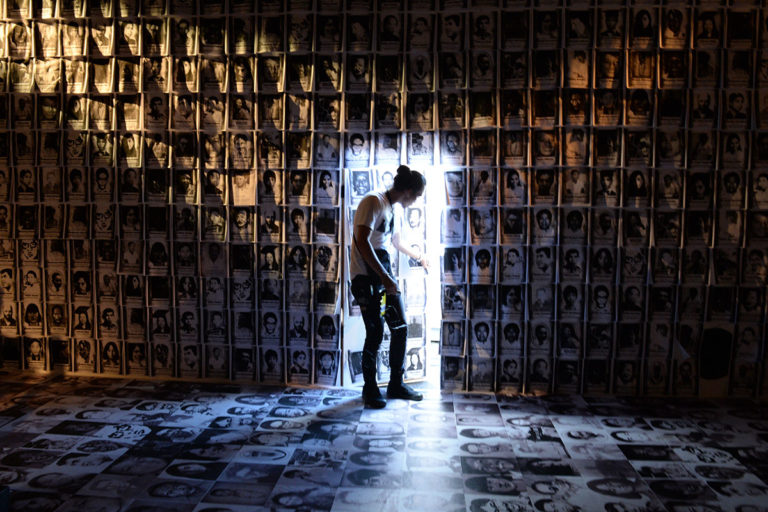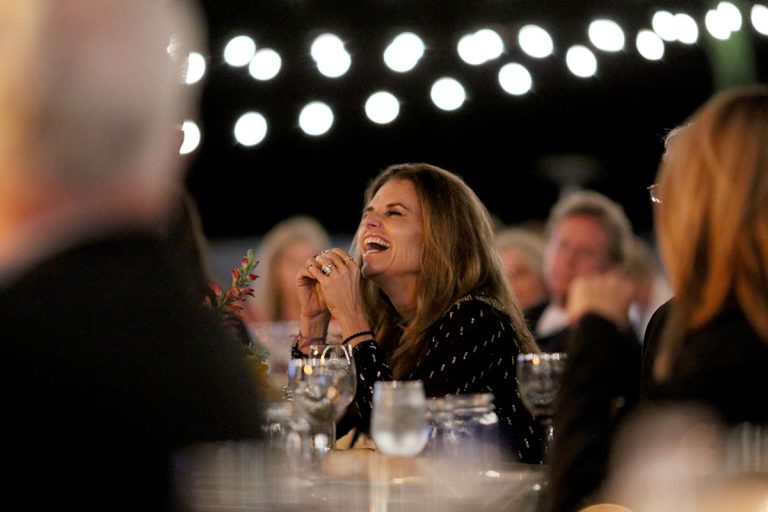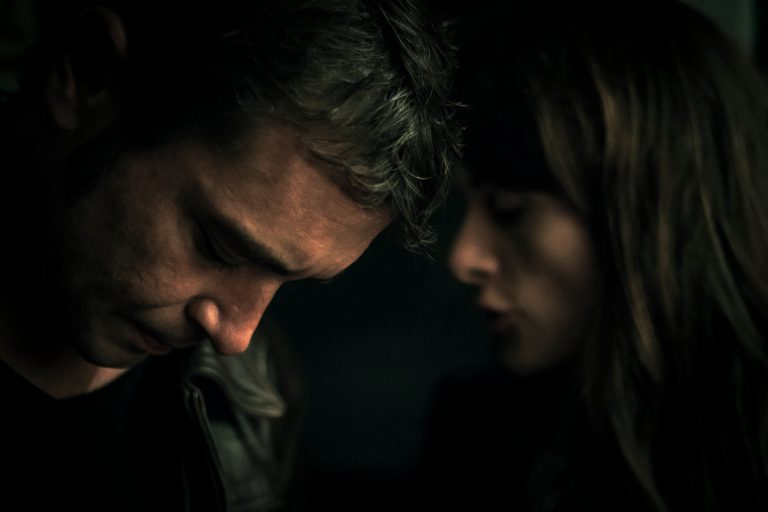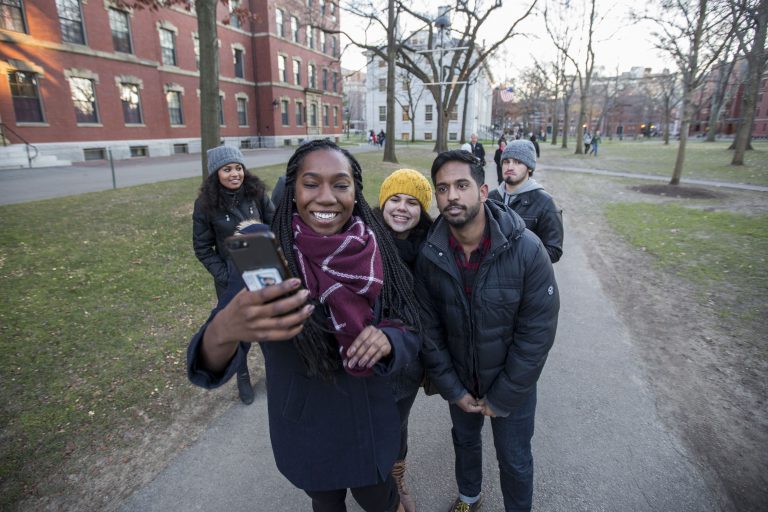We’d heard Derek Black, the former white-power heir apparent, interviewed before about his past, but never about the college friendships that changed him. After Derek’s ideology was outed at the New College of Florida, Matthew Stevenson (one of the only Orthodox Jews on campus) invited him to Shabbat dinner. What happened next is a roadmap for navigating some of the hardest and most important territory of our time.
Friendship & Relationships
Featured Items
Courage is born out of vulnerability, not strength. This finding of Brené Brown’s research on shame and “wholeheartedness” shook the perfectionist ground beneath her own feet. And now it’s inspiring millions to reconsider the way they live, parent, and navigate relations with members of the opposite gender.
View
- List View
- Standard View
- Grid View
34 Results
Filters
Pauline Boss coined the term “ambiguous loss” and invented a new field within psychology to name the reality that every loss does not hold a promise of anything like resolution. Amid this pandemic, there are so many losses — from deaths that could not be mourned, to the very structure of our days, to a sudden crash of what felt like solid careers and plans and dreams. This conversation is full of practical intelligence for shedding assumptions about how we should be feeling and acting as these only serve to deepen stress.
We’d heard Derek Black, the former white-power heir apparent, interviewed before about his past, but never about the college friendships that changed him. After Derek’s ideology was outed at the New College of Florida, Matthew Stevenson (one of the only Orthodox Jews on campus) invited him to Shabbat dinner. What happened next is a roadmap for navigating some of the hardest and most important territory of our time.
James Baldwin said, “American history is longer, larger, more various, more beautiful, and more terrible than anything anyone has ever said about it.” Imani Perry embodies that prism. For the past few years, Perry has been pondering the notions of slow work and resistant joy as she writes about what it means to raise her two black sons — as a thinker and writer at the intersection of law, race, culture, and literature. This live conversation was recorded at the Chautauqua Institution.
A civil rights elder and speechwriter for Martin Luther King, Jr., the late Vincent Harding brought the wisdom of the movement to young people in hurting places. He offers the image of a “live human signpost” as a guiding light toward the kind of support and mentorship we can offer one another in the path toward a beloved community. “When it comes to creating a multiracial, multiethnic, multireligious, democratic society, we are still a developing nation,” he says. “But my own deep, deep conviction is that the knowledge, like all knowledge, is available to us if we seek it.”
“Conversation is not just about words passing between mouths and ears. It’s about shared life. Listening is about bringing our lives into conversation.”
In the midst of public conversation around Supreme Court Justice Brett Kavanaugh, Krista reflects on what it really looks like to engage with one another across a moral issue with curiosity alongside our convictions.
Living the Questions is an occasional On Being segment where Krista muses on questions from our listening community.
July 23, 2018
Living the Questions
How can we help young people feel like they have a voice in the world?
“I think of this as the wisdom of young adulthood and of the teenage years: You have this sense of urgency about what is possible.”
On nurturing the voice and agency of young citizens — and the importance of fostering intergenerational friendships.
Living the Questions is an occasional On Being segment where Krista muses on questions from our listening community.
Nothing is helping us more right now, as we watch human tragedies unfold on the U.S.-Mexican border and elsewhere, than a conversation Krista had last year with literary historian Lyndsey Stonebridge — on thinking and friendship in dark times. She applies the moral clarity of the 20th-century philosopher Hannah Arendt to now — an invitation to dwell on the human essence of events we analyze as political and economic. Our dramas of exile and displacement are existential, she says — about who we will all be as people and political community. What Arendt called the “banality of evil” was at root an inability to hear another voice.
Maria Shriver’s life is often summarized in fairy tale terms. A child of the Kennedy clan in the Camelot aura of the early 1960s. Daughter of Eunice Kennedy Shriver, who founded the Special Olympics, and Sargent Shriver, who helped found the Peace Corps. An esteemed broadcast journalist. First lady of California. This hour, she opens up about having a personal history that is also public history — and how deceptive the appearance of glamour can be. We experience the legendary toughness of the women in Maria Shriver’s family — but also the hard-won tenderness and wisdom with which she has come to raise her own voice.
Anthropologist Helen Fisher explores the biological workings of our intimate passions, the brew of chemicals, hormones, and neurotransmitters that make the thrilling and sometimes treacherous realms of love and sex. In the research she does for match.com and her TED Talks that have been viewed by millions of people, she wields science as an entertaining, if sobering, lens on what feel like the most meaningful encounters of our lives. In this deeply personal conversation, she shows how it is possible to take on this knowledge as a form of wisdom and power.
Sheryl Sandberg is synonymous with Facebook and Silicon Valley success, and she’s the voice of Lean In. She joins us, frank and vulnerable, together with the psychologist Adam Grant. His friendship — and his research on resilience — helped her survive the shocking death of her husband while on vacation. They share what they’ve learned about planting deep resilience in ourselves and our children, and even reclaiming joy. There is so much learning here on facing the unimaginable when it arrives in our lives and being more practically caring towards the losses woven into lives all around us.
Courage is born out of vulnerability, not strength. This finding of Brené Brown’s research on shame and “wholeheartedness” shook the perfectionist ground beneath her own feet. And now it’s inspiring millions to reconsider the way they live, parent, and navigate relations with members of the opposite gender.
The Pause
Join our constellation of listening and living.
The Pause is a monthly Saturday morning companion to all things On Being, with heads-up on new episodes, special offerings, event invitations, recommendations, and reflections from Krista all year round.
Search results for “”
View
- List View
- Standard View
- Grid View
Filters
